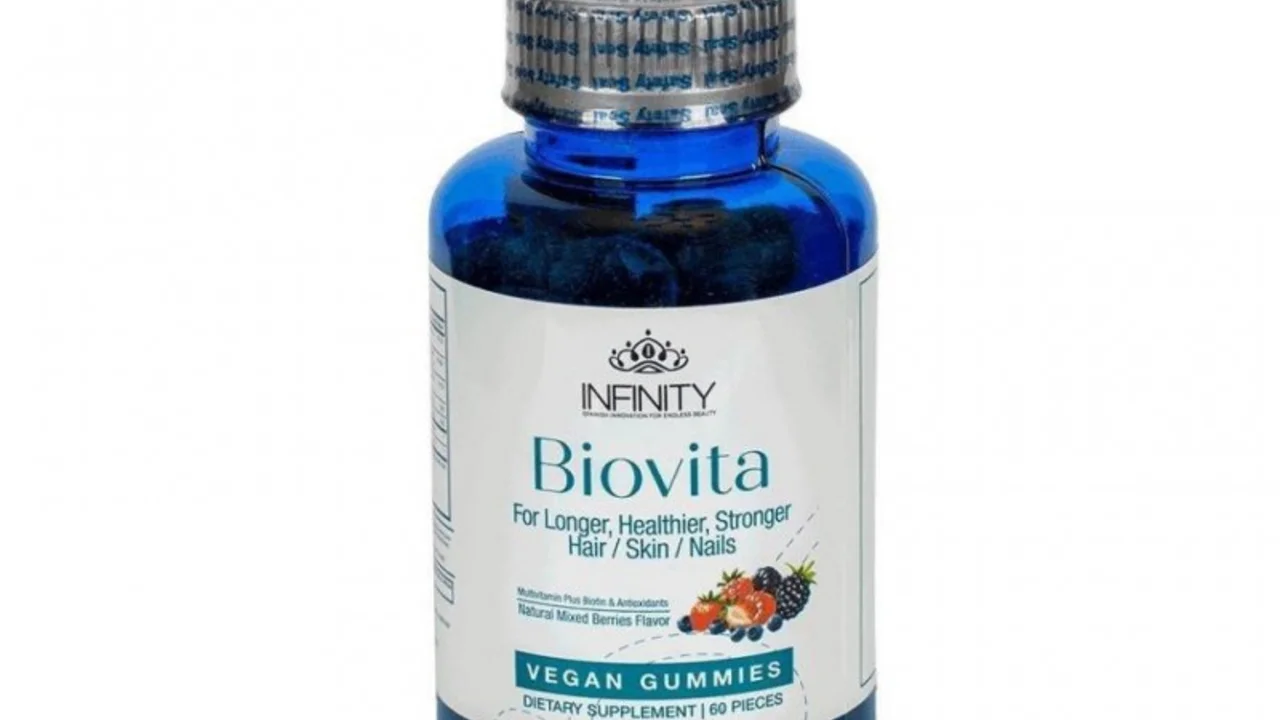Apricot supplements: Benefits, risks, and how to use them
Apricot supplements—made from kernels, oil, or extract—are popular for skin, digestion, and nutrition. If you’re curious about using them, here’s what you need to know. This page covers types, potential benefits, safety concerns, dosing tips, and how to pick a product that fits your needs.
Types and common uses
Apricot kernel supplements come from the seed inside the apricot pit. Manufacturers also sell apricot oil (from pressed kernels) and standardized extracts. People take these supplements for vitamin E, healthy fats, and as a skin moisturizer applied topically. Some use small amounts of kernels for appetite support or as part of natural health routines.
Apricot oil is rich in oleic and linoleic acids, which help lock in skin moisture and can reduce dryness when used as a topical oil or in lotions. Kernels and extracts supply vitamin E and antioxidants that support basic cell health and skin protection from daily stress. For digestion, apricot fiber from the fruit—not the kernel—helps gut regularity. Be realistic: evidence is modest and most benefits are gentle support rather than dramatic changes.
Safety, dosing, and practical tips
Apricot kernels contain amygdalin, which can release cyanide when metabolized. High intake can be dangerous and has caused poisonings. European Food Safety Authority and other agencies recommend strict limits on daily kernel intake. Avoid eating raw kernels in large amounts. If a product advertises "laetrile" or "vitamin B17" as a cure for serious illness, be skeptical—those claims lack safe scientific backing.
Choose products from reputable brands with clear ingredient labels. For topical apricot oil, patch-test a small skin area for a day to check reactions. For kernels or extracts, follow manufacturer dosing and never exceed recommended amounts. Pregnant or breastfeeding people, children, and people with liver disease should avoid kernel supplements unless a doctor approves. Always tell your healthcare provider if you plan to add these supplements to your routine.
Look for cold-pressed oil with a recent expiration date. For extracts, favor products with third-party testing or transparent lab reports. Store oils in a cool, dark place to prevent rancidity. Don’t buy bulk loose kernels from unknown sources—contamination and variable cyanide content are risks.
If you want skin benefits, try apricot oil as a massage oil or mixed into your moisturizer. If you want nutritional perks, focus on whole apricot fruit and seeds sparingly. Ask your pharmacist about interactions—apricot compounds can affect liver enzymes and alter how some drugs work. When in doubt, choose small doses, reputable brands, and get medical advice.
That's the core info you need to decide if apricot supplements fit your routine.
Quick FAQ: Can I eat apricot kernels? Only in tiny amounts and from brands that test cyanide levels. Children should not eat kernels. For skin results with oil, people see improvement in two to four weeks. Stop use and get medical help if you develop rash, nausea, headache, dizziness, or trouble breathing.
- Colin Hurd
- Nov, 8 2023
- 18 Comments
Improve Your Skin, Hair, and Nails with the Power of Apricot Supplements
I've recently discovered the amazing impact of apricot supplements on my body. From skin glow to hair strength and nail resilience, these little magic helpers have transformed my personal care routine. There's science behind these fruits' power, and it's worth sharing the knowledge with everyone. This post is for those who, like me, are always on the prospect for natural ways to boost their health and beauty. Discover how apricot supplements can be your game changer.

